By Jane Barthelemy.
Are you ready for a new perspective on gluten? Bread is the staff of life. And money! Gluten-free is the fastest growing niche in grocery stores. The gluten-free market was recently valued at $4.63 billion per year, and projected to grow to $7.59 billion within a short time. While it is true that gluten reactions are increasingly common, other important factors not mentioned by the media or medical industry, can confuse the issue, trigger discomfort and cause weight gain. Such as: 1) Many experts are calling gluten-free a scam, including the doctor that invented it, 2) Gluten cross-reactors can cause or exacerbate gluten reactions, 3) There is a clear link between a gluten-free diet and weight gain, 4) Negative health effects of gluten-free flours consumed with glycemic sugars, 5) Industrial harvesting of all wheat with Monsanto’s glyphosate. The easy part is this: Your healthy solution is still the same: Avoid wheat and sugars.
What’s Gluten?
Gluten is a natural protein in wheat, barley and rye. Gluten is a made up of the sticky proteins gliadin and glutenin. Gluten helps develop elasticity in flour when it is moistened or kneaded. It makes baked goods soft, cohesive and moist, so they hold their shape.
Dangers of Gluten Intolerance
Gluten intolerance and celiac disease are the body’s inability to digest gluten. Gluten toxicity results from the binding and clogging of the sticky gluten within the small intestines. Untreated gluten intolerance can become severe and life threatening, damaging the small intestine, causing malnutrition, food reactions, depression, mood swings, holes in the intestines and leaky gut syndrome, creating an invitation to other diseases. Gluten Intolerance is often undiagnosed, because it can present seemingly unrelated symptoms. Gluten intolerance is usually treated by simply avoiding gluten foods.
Gluten intolerance affects the small intestine. Tiny cilia in the intestinal wall become clogged by undigested or fermented sticky debris, impeding normal digestion. They are unable to function normally in the transfer of micronutrients to the blood.
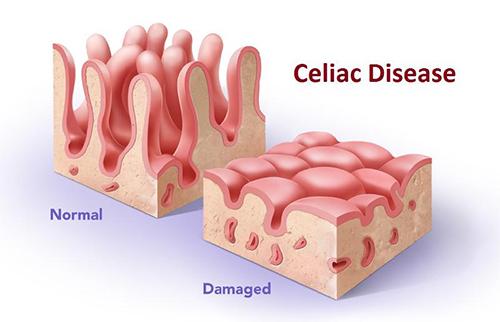 What are Gluten-Free Substitutions?
What are Gluten-Free Substitutions?
Coconut, Almond, Rice, Buckwheat, Tapioca, Corn, Millet, Quinoa, Sorghum, Teff, and Wild rice are all gluten-free. Almost any recipe can be adapted using gluten-free or grain-free ingredients.
Is Gluten-free a Scam?
Well, Dr. Oz says gluten-free is a scam. Michael Pollan, says: “Gluten, I think it’s a bit of a social contagion. I think that the number of people that are genuinely gluten-sensitive cannot be growing as fast as the market niche is growing.” Often people feel better simply removing carbs from their diet, not necessarily gluten. However, Pollan warns against going gluten-free and then adopting a diet high in processed carbs.
In a surprising turnaround, Dr. Peter Gibson, the scientist who first publicized gluten sensitivity, now discredits gluten intolerance. His first study in 2011 found gluten caused gastrointestinal distress. However his recent more controlled study, published in the journal Gastroenterology in 2014, found gluten was NOT the cause of digestive problems, and that there were complex food interrelationships as well as psychological factors at work.
What’s the problem with Sugar and Carbs?
“Contrary to popular belief, it is not the number of carbohydrates you eat, but the specific type of carbohydrate that causes weight gain. Weight gain is associated with refined carbohydrates such as white bread, pasta, and glycemic sweets, which trigger a rapid spike in blood sugar.
The culprit of weight gain is refined carbohydrates, which can be found in processed foods high in sugar. Refined carbohydrates add on extra pounds by causing a rapid surge in blood sugar. Any sugar not used immediately turns into fat.” Dr. Joseph Mercola
Why Do I Gain Weight Going Gluten-free?
Dr. William Davis, MD, Cardiologist and author of best selling book Wheat Belly says: “Elimination of wheat is a powerful strategy for regaining control over your health, appetite, and weight. But it is not the whole story.” Most gluten-free diets include higher levels of flours. Unfortunately most of these are loaded with carbohydrates, even higher levels than wheat. “In order to lose weight we have to ‘lose the carbs’”. Reducing carbs helps to break the roller coaster of blood sugar and insulin-resistance.
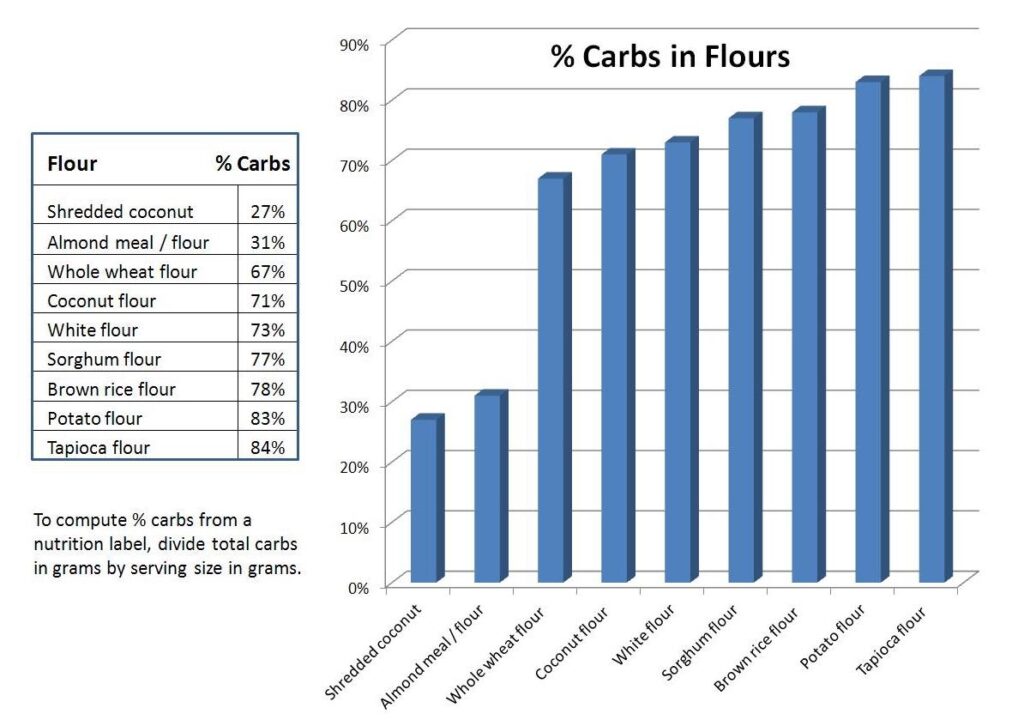 Eat Low Carb for Weight Control
Eat Low Carb for Weight Control
- The lowest carb flours for weight control are Almond meal, Shredded coconut (or coconut butter), Coconut flour, Fava bean flour, and Garbanzo flour.
- The highest carb and worst flours for weight control are Tapioca flour, Arrowroot, Rice, and Potato Flour. See chart:
Avoid These Top Gluten Cross-Reactors
Top 7 Ways to Treat Your Gluten Intolerance:
A gluten-free diet alone is unlikely to heal your gut or immune system. Check out these 7 steps.
- Avoid common gluten cross-reactors: Cross-reactors are foods that react with gluten. They create adverse reactions by themselves, or they make your response to gluten even worse. You can order expensive personal tests for all your gluten cross-reactors at Cyrex Labs or TrueHealthLabs. Or you can simply observe yourself for sensitivity to these top-10 offending foods. After testing tens of thousands of people for gluten cross-reactor anti-bodies, these 10 foods came up as the most common culprits:
Sugar, Coffee, Dairy, Cheese, American cheese, Milk Chocolate, Chocolate with sugar, Oats, Corn, Rice, Tapioca, GMO and processed foods, Nightshades: Potato, Tomatoes, Peppers, Eggplant.
- Break the sugar habit. Kicking sugar addiction is one of the biggest things you can do to restore your metabolism, and reduce gluten intolerance symptoms. So-called “natural sweeteners” are not a solution. As you probably know there are a few healthy sweeteners that don’t cause blood sugar spike or weight gain. These are described in my many articles such as Best Paleo Sweeteners.
- Avoid industrial grains that are often high in carcinogenic mycotoxins, which grow in large storage units. The highest concentrations of mycotoxins are found in peanuts, sugar, corn, wheat, barley, rye, sorghum and alcoholic beverages.
- Get moving! Regular exercise reduces stress and increases intestinal motility.
- Have your enzyme levels checked. Low enzyme levels can cause gluten intolerance. Take a digestive enzyme supplement if necessary.
- Take a Break and Relax! Stress exacerbates GI symptoms.
- Check out Jane’s recipes in her books and website janehealthykitchen.com Consider the Paleo Diet, which eliminates grains and cross-reactors, solving many common GI issues.
Are You Reacting to Gluten or to Glyphosate?
Harvesting wheat with Monsanto’s RoundUp herbicide glyphosate became standard practice in the late 1990’s. The cancer-research arm of the World Health Organization recently announced that glyphosate, the world’s most widely used herbicide, is probably carcinogenic to humans. Nowadays 98% of our wheat contains this toxic ingredient. Dr. Seneff, a medical researcher at MIT says that when you spray the wheat plant with a toxic chemical like glyphosate, it gives a much higher yield as it shrivels and dies. Higher yield means more money. Unfortunately most of our wheat supply is now contaminated with glyphosate. Glyphosate destroys the tiny villi in your intestines, and this reduces your ability to absorb nutrients. Dr. Seneff noticed a strong correlation between the use of toxic glyphosate, and the exponential increase in celiac disease since 1990. Are you reacting to gluten or to glyphosate?
Glyphosate Applications to Wheat and Incidence of Celiac Disease 1990-2010
Think you can avoid glyphosate by buying organic?
Think again. A new investigation by Tropical Traditions reveals that many products in the organic grain market in the U.S. contain glyphosate residue at levels almost the same as conventional grains.
Everybody loves bread and sweets.
The good news is we can go gluten-free without giving up our favorite desserts and snacks. The secret to enjoying sweets without blood sugar spike or weight gain is right here in your hands. Just use original low-carb ingredients. Jane’s books and blog are filled with luscious treats to make at home. Follow her recipes. You’ll find they work!
Gluten-Free Diet Re-Patterning
Your personalized program is available at Jane’s healing website Five Seasons Medicine
The program includes:
- Comprehensive test for your personal gluten cross-reactors
- Testing with vials for specific foods: sweeteners, vitamins, common allergens
- Energetic balancing, mental re-patterning
- Setting daily intentions
- 1000 names for gluten & how to shop gluten-free
- Delicious Gluten-free menus & recipes
Jane’s gluten-free re-patterning program is designed to help you eliminate wheat and gluten foods without pain or deprivation. It will assist your transition to new healthier habits for shopping, food preparation, and enjoying your meals. It takes just 3 weeks, however it is not a temporary fix, but a permanent lifestyle plan. Most people find that they lose weight easily, keep it off, have more energy, and better digestion after doing Jane’s program.
This is a cutting edge system using the latest knowledge and discoveries about gluten in human digestion. It includes a comprehensive test for your personal gluten cross-reactors and any allergens that may interact with gluten. These tests alone cost hundreds of dollars when done with a service. This program is also unique in that we focus on the psychological aspects of food, knowing that dietary change can be challenging. The initial appointment includes energetic testing and dissolving any mental or emotional blocks to the transformation you want to make. You’ll receive complete instructions with shopping tips and suggested recipes.
“Oh, Jane, how I wish I had found your books and blog a few years ago when I went gluten-free, and gained 20 pounds from excess carbs. I’ve converted my kitchen so I can use your recipes every day, and guess what? I’m still gluten-free, but now off all processed foods. I lost the extra pounds and feel so much better. There’s no weight gain, no sugar spikes, and always fantastic flavor. Thanks!” Ellie M.
Many people are intolerant to modern wheat, because it is raised, harvested, and processed differently.





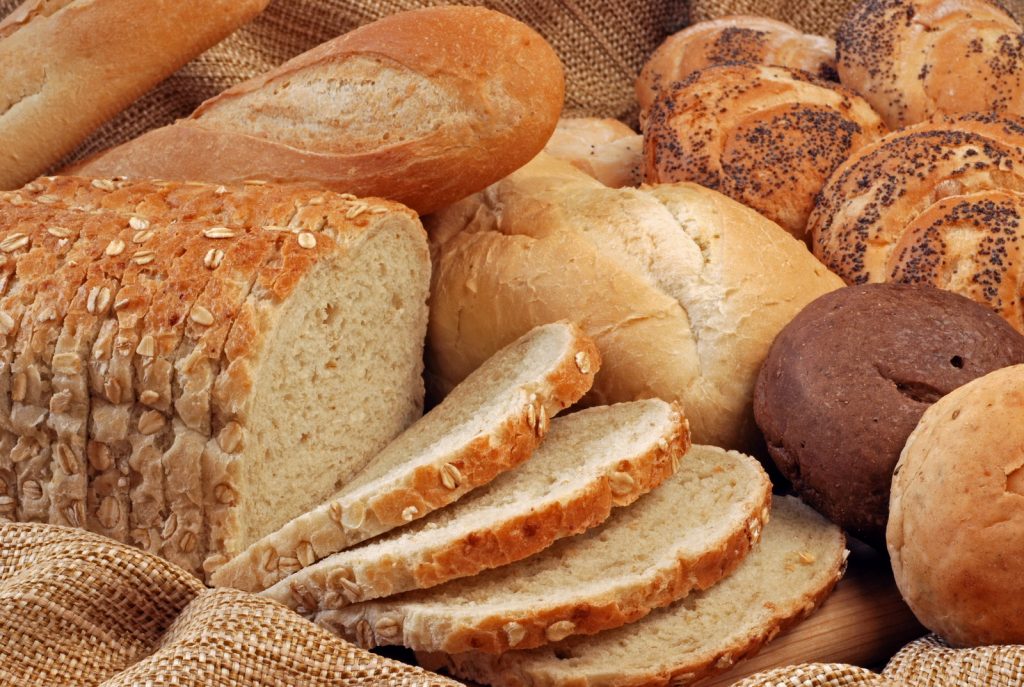

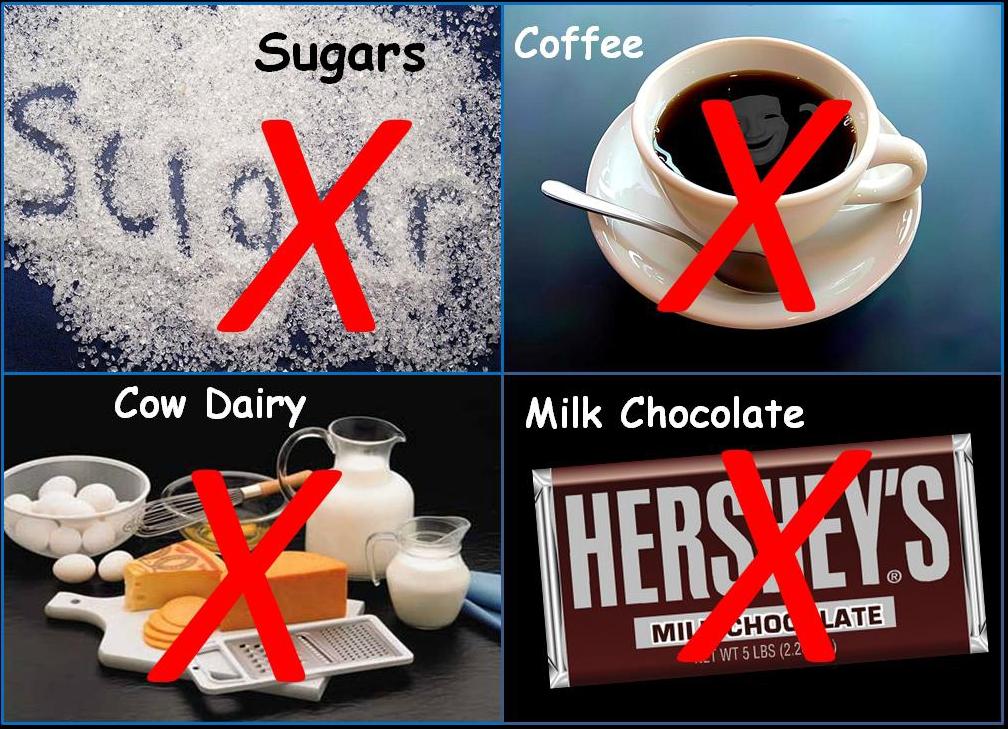
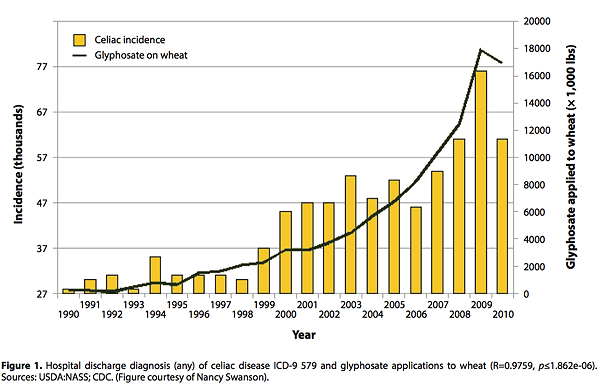
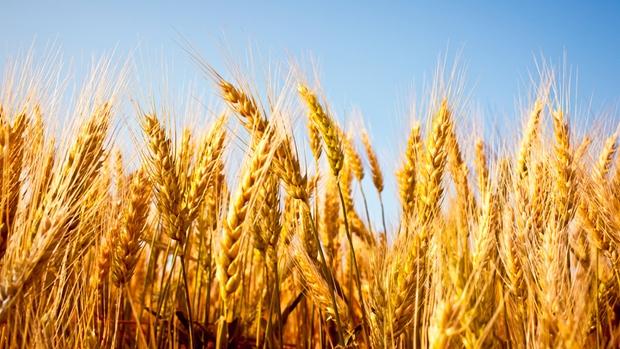
No Replies to "Should You Go Gluten-Free?"